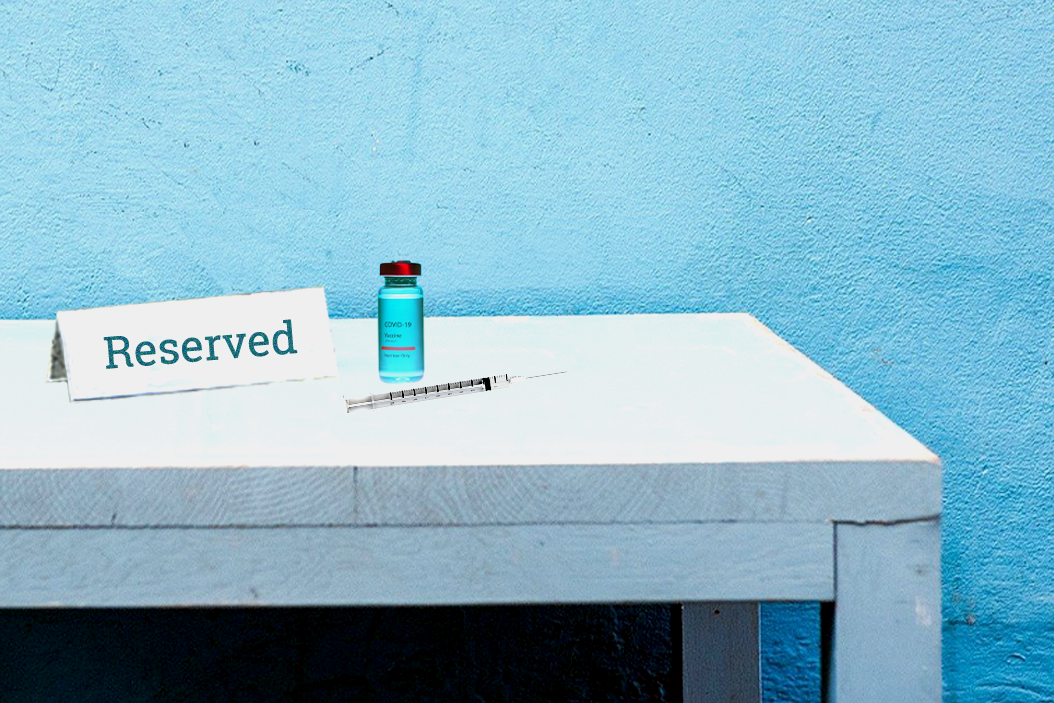Hard Numbers: Cost of vaccine hoarding, Taliban back jabs, UK helps EU citizens leave, Brazil's COVID probe
9.2 trillion: COVID vaccine hoarding by rich countries and uneven global access to the jabs will draw out the global recovery from the pandemic. In fact, it'll cost the world economy as much as $9.2 trillion, according to a new study by the International Chamber of Commerce.
112 million: The Taliban have given their blessing for Afghans to roll up their sleeves to get COVID vaccines through the global COVAX facility, which has allocated $112 million to inoculate 20 percent of the population by the end of the year. In the past, Taliban fighters have killed polio vaccine workers in Pakistan, arguing that immunization campaigns were a US plot to sterilize Muslims.
2,000: Ahead of the June 30 deadline to apply for post-Brexit settled status, EU citizens living in Great Britain are being offered by the UK government up to 2,000 pounds ($2,745) and airfare as incentives to voluntarily leave Great Britain and return to their country of origin. This scheme contradicts London's official policy of encouraging all EU residents to stay in the UK.
60: Brazil's Supreme Court has granted the attorney general 60 days to probe the government response to the coronavirus pandemic in the Amazonian city of Manaus. On top of overwhelmed hospitals, the city is now also dealing with a potentially more infectious strain of the COVID virus that was first discovered in this state.
